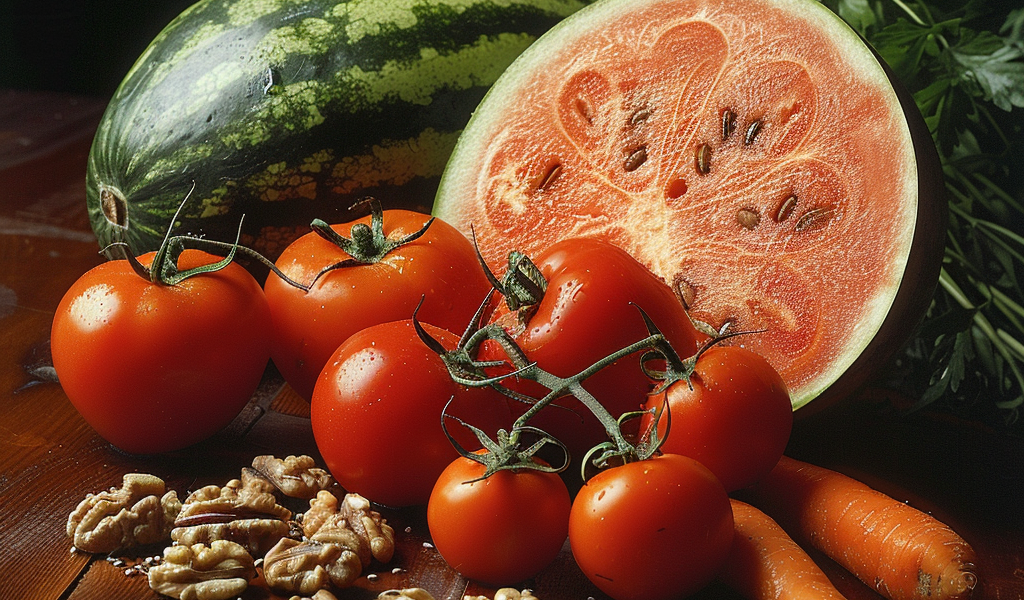TikTok Myth of the Week: ‘Natural SPF’ Supplements
There has been a recent surge in TikTok videos promoting the idea that certain natural foods can act as a form of sunscreen, protecting individuals from sunburn and skin cancer without the need for traditional sunscreen. While the concept of using food as a natural SPF may sound appealing, it is important to separate fact from fiction.
Many of these TikTok videos subtly perpetuate the myth that sunscreen is harmful, a notion that has been widely debunked by scientific evidence. The reality is that the dangers of UV exposure are well-documented, while the potential risks associated with sunscreen use are largely unproven.
Contrary to the claims made in these videos, the American Academy of Dermatology emphasizes the importance of wearing sunscreen for outdoor activities based on scientific research that supports its benefits.
When examining the science behind natural sun protection through food and supplements, several crucial questions arise:
- What dosage of these foods or supplements is required for effective sun protection?
- Have these methods been scientifically tested in humans?
- How is the level of protection measured and does it vary from person to person?
- Is the protection immediate or does it require time to take effect?
- Are there any potential downsides or risks associated with consuming these foods or supplements in recommended amounts?
Unlike FDA-approved sunscreens that have detailed answers to these questions, the information provided in TikTok videos is often lacking in specificity. Instead of comprehensive data, viewers are presented with a list of foods such as watermelons, tomatoes, walnuts, and carrots without clear guidelines on their protective abilities or potential side effects.
It is crucial to approach sun protection with evidence-based strategies and rely on proven methods such as sunscreen application, rather than unverified claims circulating on social media platforms like TikTok.





